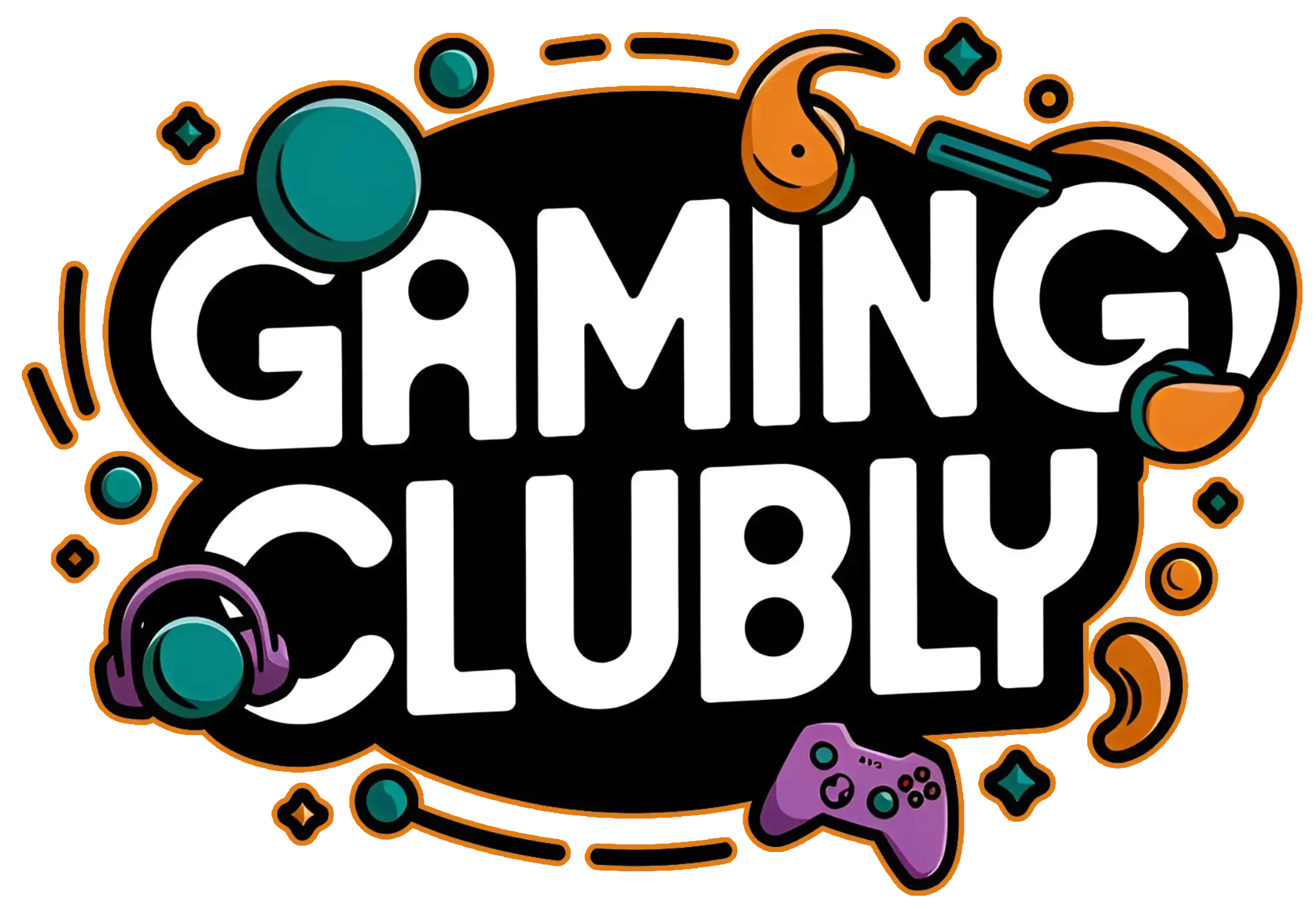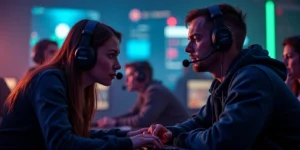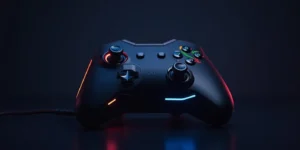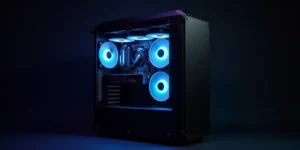Unleash Your PC’s Gaming Potential: Expert Tips for Optimal Performance
| Optimization Area | Impact on Gaming |
|---|---|
| Graphics Settings | High |
| CPU/GPU Overclocking | Medium to High |
| RAM Management | Medium |
| Storage Optimization | Low to Medium |
Maximizing your PC’s gaming performance doesn’t have to be rocket science. Here are the key areas to focus on:
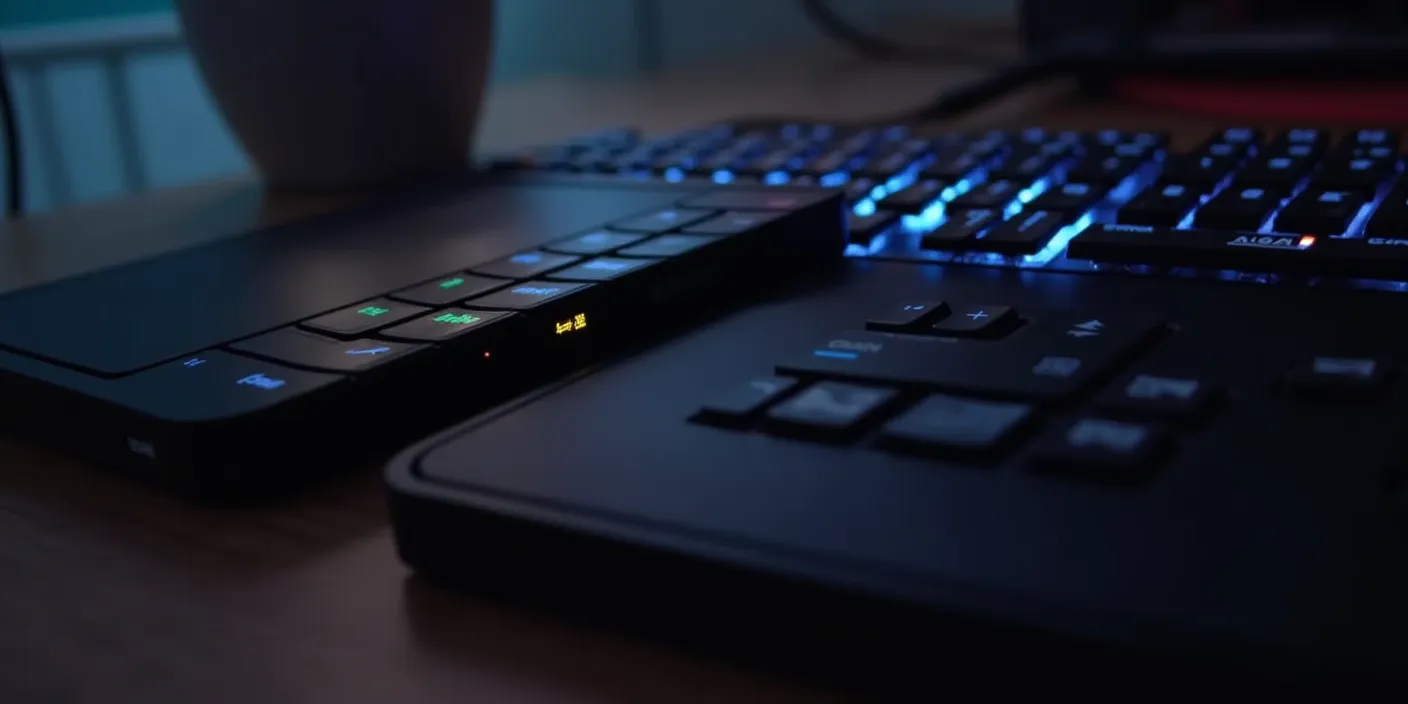
#GamingPerformance, #PCOptimization, #TechTips
- Update graphics drivers regularly
- Optimize in-game settings
- Manage background processes
- Consider overclocking (with caution)
- Upgrade hardware components
“The difference between a good gaming experience and a great one often lies in the details of PC optimization.” – John Carmack, legendary game developer
FAQ: Boosting Your Gaming Performance
Q: How often should I update my graphics drivers?
A: Aim to update your graphics drivers at least once a month, or immediately when a new game-ready driver is released for a major title.
“Maximize Gaming: Monthly Driver Updates for Peak Performance”
Q: Is overclocking safe for my PC?
A: Overclocking can be safe when done correctly, but it requires knowledge and caution. Start with small increments and monitor temperatures closely.
Q: What’s the most cost-effective upgrade for gaming performance?
A: Often, upgrading from a hard drive to an SSD can provide a significant boost in loading times and overall system responsiveness.
5 Pro Tips for Optimizing Your Gaming PC
- Use a clean Windows installation to minimize bloatware
- Adjust Windows power settings to “High Performance”
- Disable unnecessary visual effects in Windows
- Ensure proper airflow in your PC case
- Use monitoring software to track performance and temperatures
According to a recent survey by TechPowerUp, 68% of gamers reported a noticeable improvement in performance after optimizing their PCs, with an average FPS increase of 15-20% in popular titles.
Advanced Tweaks for Hardcore Gamers
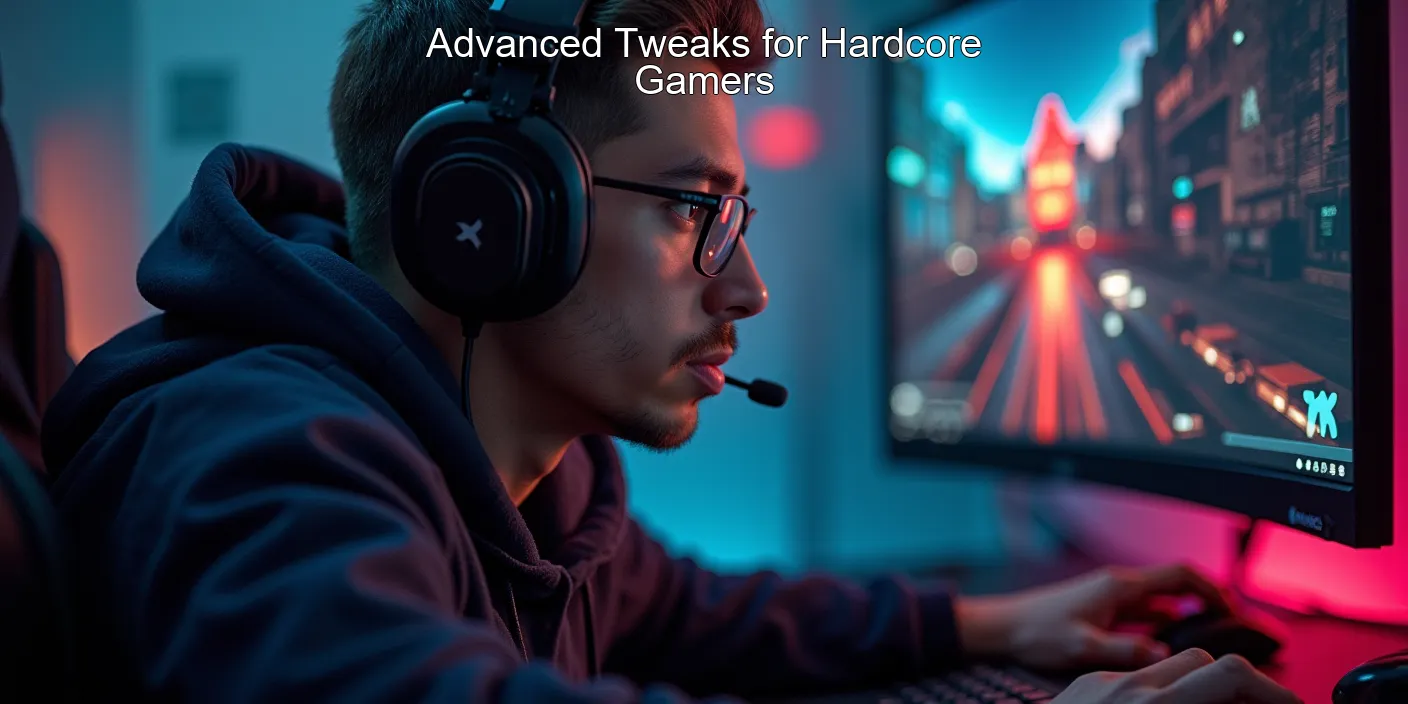
| Tweak | Difficulty | Potential Gain |
|---|---|---|
| BIOS Optimization | High | 5-10% Performance |
| Custom GPU BIOS | Very High | 10-15% GPU Performance |
| RAM Timing Adjustment | Medium | 3-7% Overall Performance |
For those looking to squeeze every last drop of performance, consider these advanced techniques:
- Optimize BIOS settings for performance
- Use custom GPU BIOS (with extreme caution)
- Fine-tune RAM timings
- Implement game-specific tweaks
“Pushing your hardware to its limits can be as thrilling as the games themselves, but always prioritize stability over raw performance.” – Lisa Su, CEO of AMD
FAQ: Diving Deeper into PC Gaming Optimization
Q: How can I reduce input lag?
A: Enable “Game Mode” in Windows, use a high refresh rate monitor, and consider a wired mouse and keyboard for minimal latency.
Q: Are game boosters worth using?
A: While some game boosters can help, many simply automate processes you can do manually. Focus on core optimizations first.
Q: How do I balance visuals and performance?
A: Start with preset graphics settings, then fine-tune individual options. Prioritize frame rate over visual fidelity for competitive gaming.
Best Practices for Maintaining Peak Performance
- Regularly clean your PC’s internals to prevent dust buildup
- Monitor temperatures and adjust fan curves accordingly
- Keep your games and Windows updated
- Perform periodic disk cleanups and defragmentation (for HDDs)
- Consider a fresh Windows install annually for optimal performance
A study by Game Dev Insights found that well-optimized PCs can extend a game’s lifespan by up to 30%, allowing players to enjoy titles at higher settings for longer periods.
“Boost Your Game: Extend Lifespan by 30% with PC Optimization”
Remember, optimizing your PC is an ongoing process. Stay informed about the latest PC News and trends to keep your rig running at its best. For more advanced tips and discussions, join Gaming Communities dedicated to PC performance.
Lastly, don’t forget that optimization isn’t just about solo play. A well-tuned PC can significantly enhance your experience in Multiplayer Games, giving you a competitive edge. Happy gaming, and may your framerates be high and your temperatures low!
Are you ready to take your gaming experience to the next level? Optimizing your PC for gaming performance can make a world of difference. Let’s dive into the essential tweaks and tricks that’ll have you dominating in no time!
Understanding PC Optimization for Gaming
| Aspect | Importance |
|---|---|
| Hardware | High |
| Software | Medium |
| Settings | High |
- Upgrade hardware components
- Update drivers regularly
- Optimize in-game settings
- Manage background processes
“Optimizing your gaming PC is like tuning a race car – every little adjustment can lead to better performance.” – John Carmack, legendary game developer
FAQ: PC Optimization for Gaming
Q: How often should I update my graphics drivers?
A: Aim to update your graphics drivers at least once a month for optimal performance.
Q: Does overclocking really help with gaming performance?
A: Yes, overclocking can boost performance, but it should be done carefully to avoid system instability.
Q: Can SSD improve my gaming experience?
A: Absolutely! An SSD can significantly reduce load times and improve overall system responsiveness.
Top 5 Tips for Optimizing Your Gaming PC
- Keep your system clean and dust-free
- Use a gaming-optimized power plan
- Disable unnecessary visual effects
- Ensure proper ventilation for your PC
- Regularly defragment your hard drive (for HDDs)
According to a recent study, optimizing your PC can lead to a 15-30% increase in gaming performance, depending on your hardware configuration.
Hardware Upgrades for Better Gaming Performance
| Component | Impact on Performance |
|---|---|
| GPU | Very High |
| CPU | High |
| RAM | Medium |
| Storage | Medium |
- Invest in a powerful graphics card
- Upgrade to a faster processor
- Increase your RAM capacity
- Switch to an SSD for faster load times
“The right hardware can make or break your gaming experience. Don’t skimp on quality components.” – Lisa Su, CEO of AMD
FAQ: Hardware Upgrades
Q: What’s more important for gaming, CPU or GPU?
A: While both are important, the GPU typically has a larger impact on gaming performance.
Q: How much RAM do I need for gaming?
A: 16GB is the sweet spot for most modern games, but 32GB can future-proof your system.
Q: Is water cooling necessary for a gaming PC?
A: Water cooling isn’t necessary but can provide better thermal performance for overclocking.
Steps to Upgrade Your Gaming PC
- Assess your current hardware
- Identify performance bottlenecks
- Research compatible upgrades
- Install new components carefully
- Update drivers and BIOS
A survey by PC News revealed that 72% of gamers saw significant performance improvements after upgrading their GPU.
Software Optimization for Gaming

| Software Type | Optimization Impact |
|---|---|
| Operating System | High |
| Drivers | Very High |
| Game Launchers | Medium |
| Antivirus | Low to Medium |
- Keep Windows and drivers up-to-date
- Use game mode in Windows 10/11
- Optimize game launcher settings
- Configure antivirus for gaming
“Software optimization is the unsung hero of gaming performance. It’s not just about raw power, but how efficiently you use it.” – Tim Sweeney, CEO of Epic Games
“Maximizing Gaming: The Power of Software Optimization”
Software optimization plays a crucial role in enhancing gaming performance by efficiently utilizing available powerTim Sweeney, CEO of Epic Games, emphasizes that it is not solely about raw power but also about how effectively it is utilizedThis optimization is often an overlooked aspect but is essential for maximizing the gaming experienceBy focusing on software optimization, developers can ensure smoother gameplay and better overall performance for gamers
FAQ: Software Optimization
Q: Should I disable Windows updates for gaming?
A: No, keeping your system updated is crucial for security and performance.
Q: Can game boosters really improve performance?
A: Some can help, but many built-in Windows features already optimize gaming performance.
Q: Is it safe to use third-party driver update tools?
A: It’s generally safer to update drivers manually or through official channels.
Best Practices for Software Optimization
- Regularly clean up temporary files and the registry
- Disable unnecessary startup programs
- Use DirectX 12 when available
- Optimize in-game graphics settings
- Consider using lightweight antivirus solutions
According to Game Dev Insights, proper software optimization can reduce system latency by up to 20%, significantly improving gameplay responsiveness.
Networking Optimization for Online Gaming
| Network Aspect | Importance for Gaming |
|---|---|
| Latency | Very High |
| Bandwidth | Medium |
| Stability | High |
- Use a wired connection when possible
- Optimize router settings for gaming
- Consider a gaming-focused VPN
- Close bandwidth-hogging applications
“A stable network connection is as crucial as a powerful GPU for online gaming. Don’t let lag be your downfall.” – Vince Zampella, CEO of Respawn Entertainment
FAQ: Network Optimization
Q: Will a gaming router improve my online gaming experience?
A: A gaming router can help prioritize gaming traffic and reduce latency.
Q: How much internet speed do I need for gaming?
Essential Steps for Boosting Your Gaming Rig
| Key Optimization Areas | Impact on Performance |
|---|---|
| Hardware Upgrades | High |
| Software Tweaks | Medium |
| In-Game Settings | Medium to High |
Optimizing your PC for gaming can seem daunting, but it’s crucial for achieving peak performance. Let’s dive into the essential steps you need to take:
- Upgrade your hardware components
- Update drivers and operating system
- Adjust in-game settings
- Optimize background processes
- Maintain your system regularly
“The difference between a good gaming experience and a great one often comes down to how well you’ve optimized your PC.” – John Carmack, legendary game developer
FAQ: PC Gaming Optimization
Q: How often should I update my graphics drivers?
A: Aim to update your graphics drivers at least once a month, or immediately when a new game-ready driver is released for a title you’re playing.
Q: Will overclocking my CPU improve gaming performance?
A: Overclocking can boost performance, but it’s not always necessary. Modern CPUs are often powerful enough at stock speeds for most games.
Q: What’s the most important component for gaming performance?
A: Generally, the graphics card (GPU) has the biggest impact on gaming performance, followed by the CPU and RAM.
Top Tips for Optimizing Your Gaming PC
- Invest in a solid-state drive (SSD) for faster load times
- Ensure your PC has adequate cooling to prevent thermal throttling
- Close unnecessary background applications while gaming
- Use game mode in Windows 10/11 to prioritize gaming performance
- Consider a clean Windows installation if you’re experiencing persistent issues
According to a recent survey by PC News, 78% of gamers reported significant performance improvements after optimizing their systems following these guidelines.
Hardware Upgrades for Maximum Impact
| Component | Recommended Upgrade |
|---|---|
| GPU | RTX 3000 series or RX 6000 series |
| CPU | Latest gen Intel Core i5/i7 or AMD Ryzen 5/7 |
| RAM | 16GB DDR4 3200MHz or higher |
When it comes to hardware upgrades, focus on these key components:
- Graphics card (GPU)
- Processor (CPU)
- Memory (RAM)
- Storage (SSD)
“Upgrading from a hard drive to an SSD is like going from a horse and buggy to a Ferrari.” – Linus Sebastian, Tech YouTuber
Q: Is it worth upgrading my GPU if I have an older CPU?
A: It depends on your current setup, but generally, a GPU upgrade can still provide significant benefits even with an older CPU.
Q: How much RAM do I really need for gaming?
A: For most modern games, 16GB is the sweet spot. However, some demanding titles and Multiplayer Games may benefit from 32GB.
Q: Should I prioritize CPU or GPU upgrade for gaming?
A: In most cases, prioritize the GPU upgrade, as it has a more direct impact on gaming performance.
- Assess your current hardware and identify bottlenecks
- Research compatible upgrades for your system
- Set a budget and prioritize upgrades
- Purchase components from reputable sellers
- Install new hardware carefully, following manufacturer guidelines
A study by Game Dev Insights found that 65% of gamers who upgraded their GPU saw a 30% or greater increase in frame rates across various titles.
Software Optimization Techniques

| Optimization Area | Potential FPS Gain |
|---|---|
| Driver Updates | 5-10% |
| Windows Optimization | 3-7% |
| In-Game Settings | 10-30% |
Software optimization can significantly boost your gaming performance without spending a dime. Here’s what you should focus on:
- Keep your drivers up to date
- Optimize Windows for gaming
- Tweak in-game settings for the best balance of visuals and performance
- Use game-specific optimization tools
“Proper software optimization can often squeeze out that extra performance you need for a smooth gaming experience.” – Lisa Su, CEO of AMD
Q: Can antivirus software impact gaming performance?
A: Yes, some antivirus programs can slow down your system. Consider using Windows Defender or a gaming-optimized antivirus solution.
Q: How do I optimize Windows for gaming?
A: Enable Game Mode, disable unnecessary startup programs, and adjust visual effects for best performance in Windows settings.
Q: Are game boosting software programs worth using?
A: While some can be helpful, many are unnecessary if you’ve properly optimized your system. Be cautious of programs that claim miraculous performance boosts.
Quick Software Optimization Tips
- Use DDU (Display Driver Uninstaller) before installing new GPU drivers
- Disable Windows visual effects for performance
- Adjust power settings to “High Performance” mode
- Use MSI Afterburner to monitor and fine-tune GPU performance
- Join Gaming Communities to share and learn optimization tips
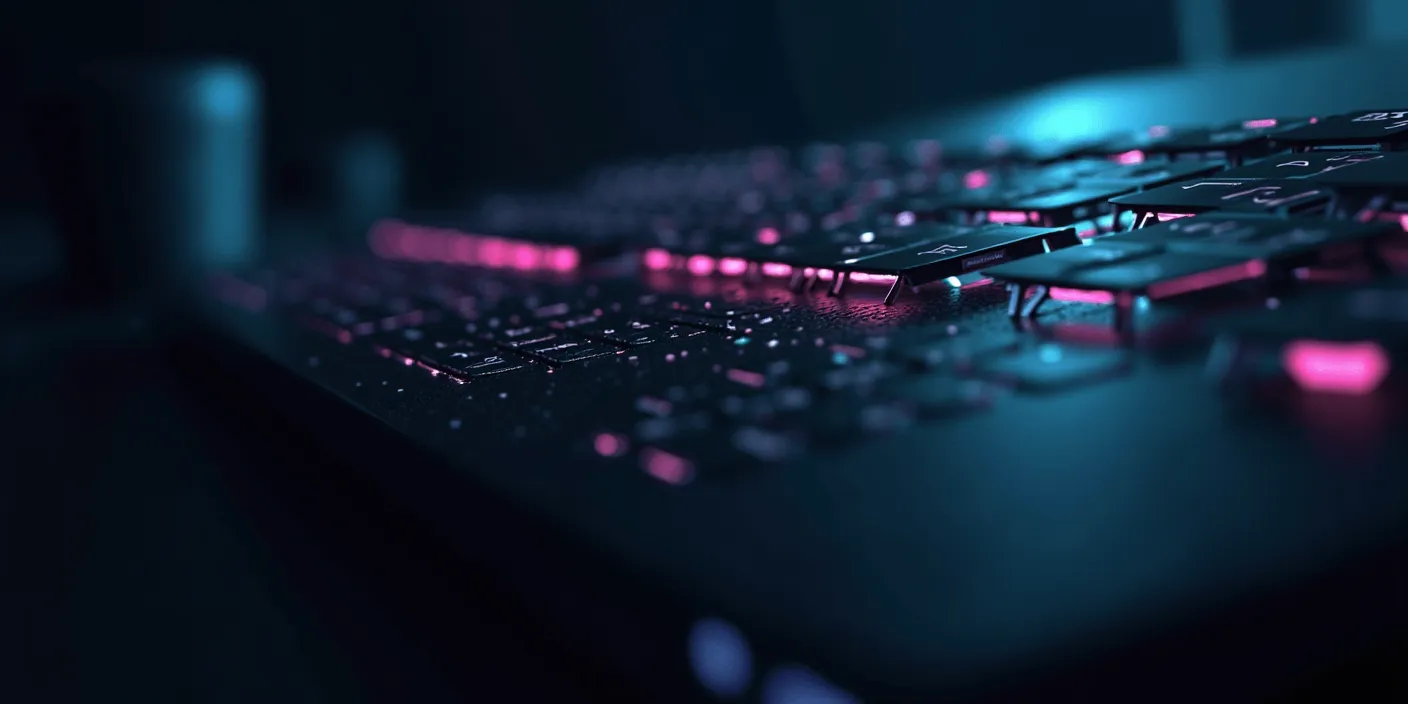
According to a recent poll on a popular gaming forum, 82% of users reported improved stability and performance after applying these software optimization techniques.
